Have you seen the Government’s latest air pollution-cutting plan, the draft Air Quality Plan for Tackling Nitrogen Dioxide?
If you have, you probably felt a sense of anguish upon reading these words: “The UK Government… has concluded that adjusting speed limits could be practicable.”
As has been commonly reported, this, if it goes ahead, would most likely mean a drop to a 60mph limit on some motorways.
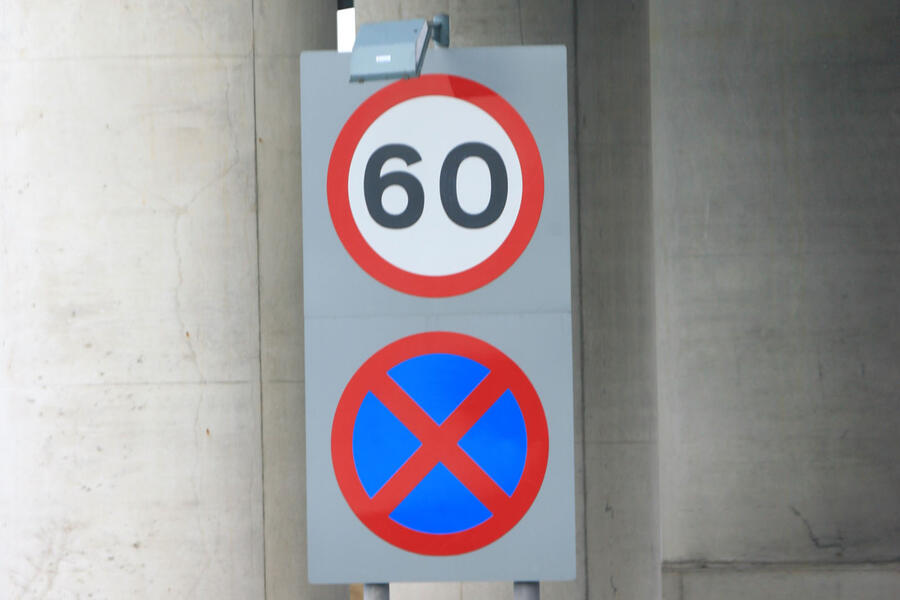
The intention of this would be to reduce nitrogen dioxide (NO2) pollution, which, along with nitrogen oxide (NO), makes up the wider banner of NOx (nitrogen oxides).
NOx can have adverse effects on health, particularly among people with respiratory illnesses such as asthma. The Royal College of Physicians says air pollution is responsible for around 40,000 premature deaths every year.
NOx also contributes to smog formation and acid rain, damages vegetation and contributes to ground-level ozone. The UK is falling increasingly behind its targets, with 37 out of 43 regions currently in breach of limits.
In the Government’s report, it says there is “considerable uncertainty, however, on the real-world impact of speed limits on NO2 concentrations” and that “there is a need to collect data from further monitoring in real-world conditions - for example, at sites where variable speed limits are used already for traffic management purposes, to understand better the likely impact that different speed limits might have on air quality in differing circumstances”.

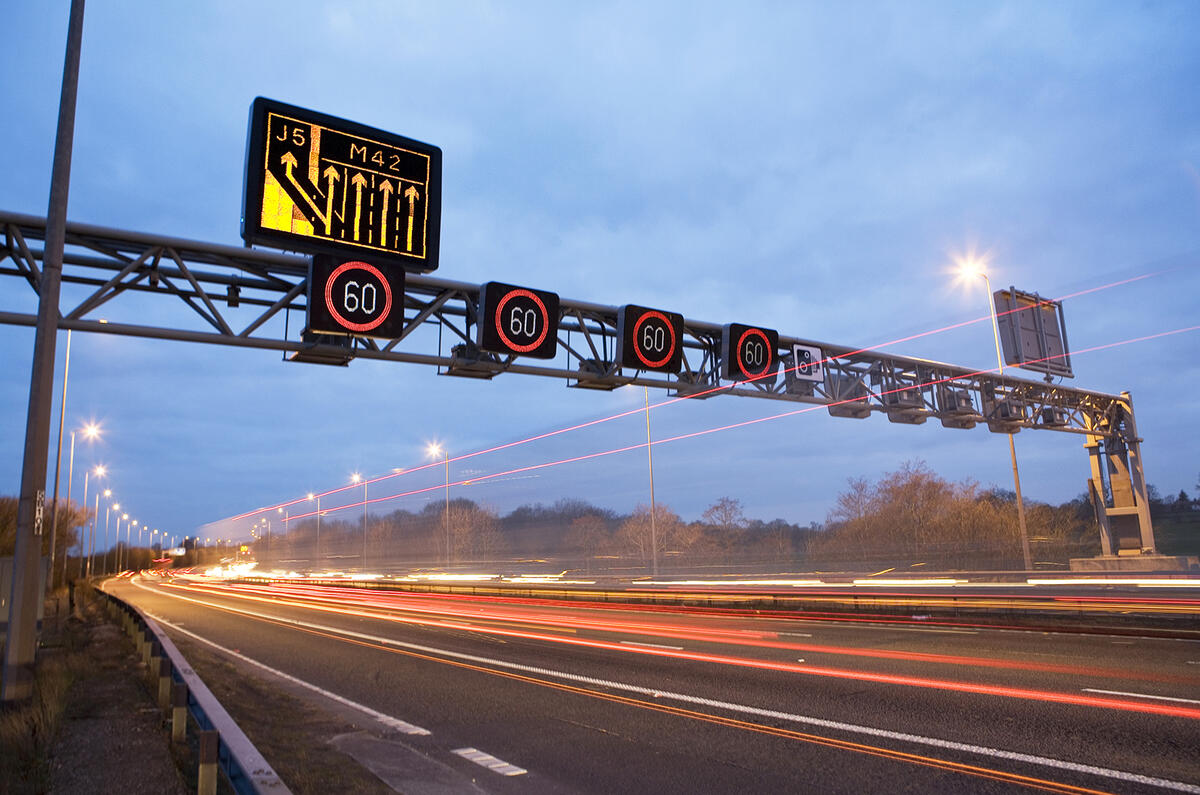
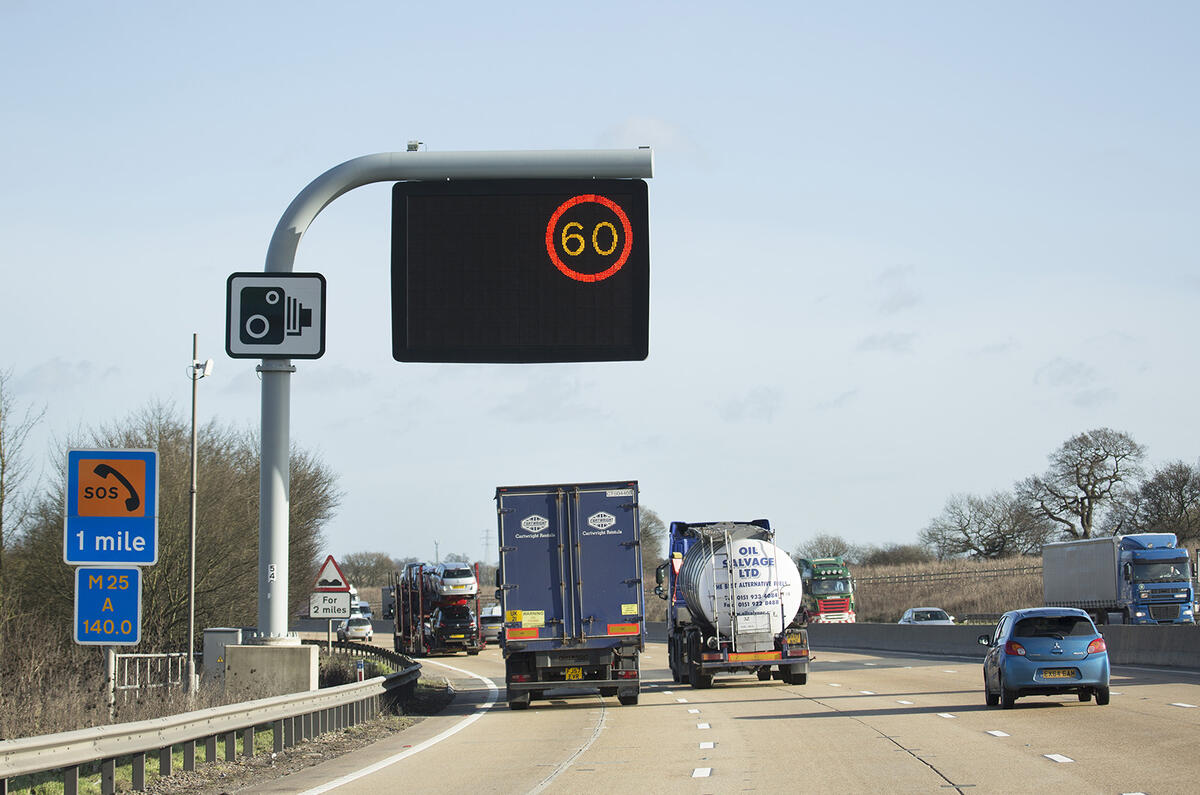

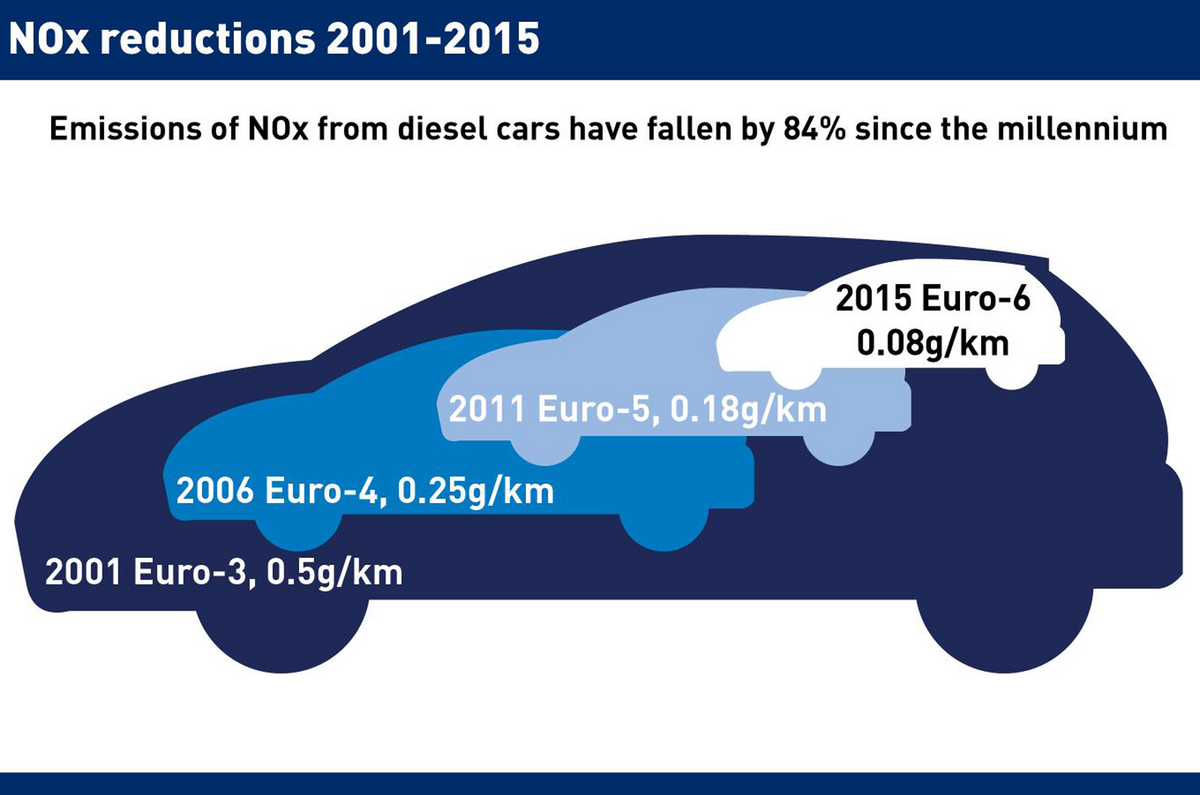

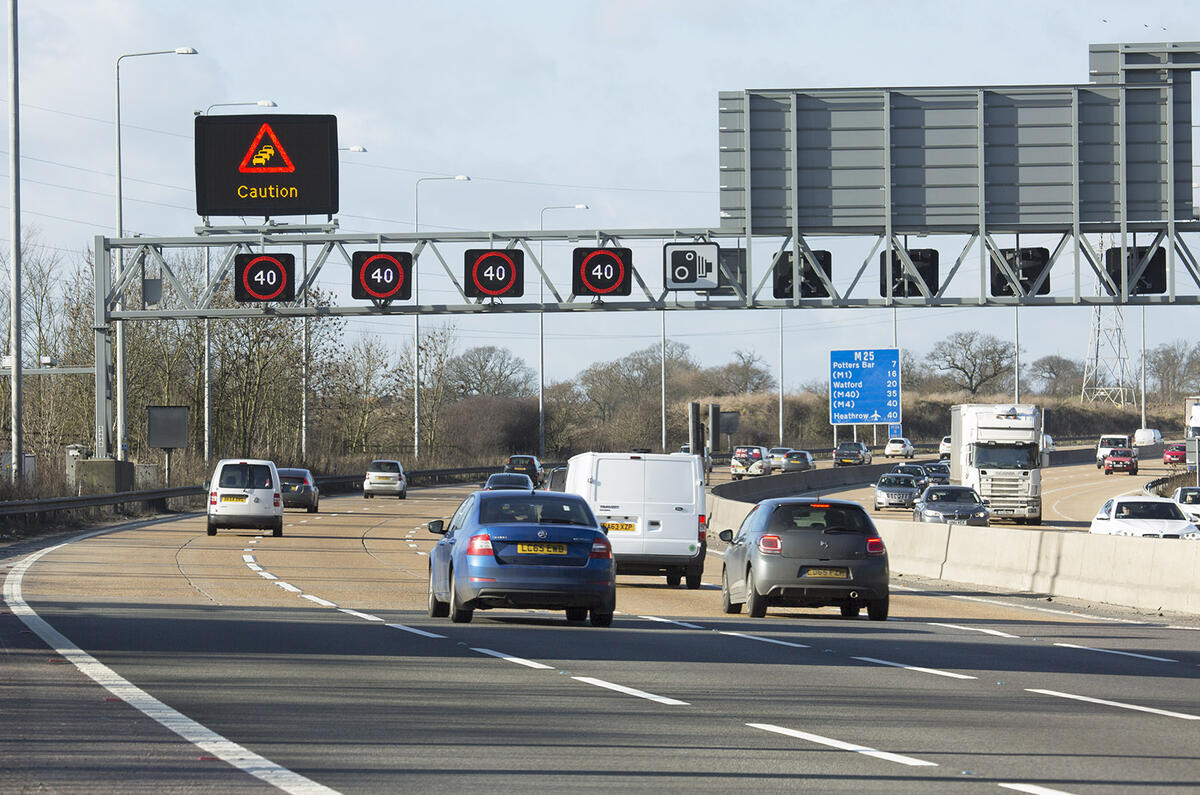

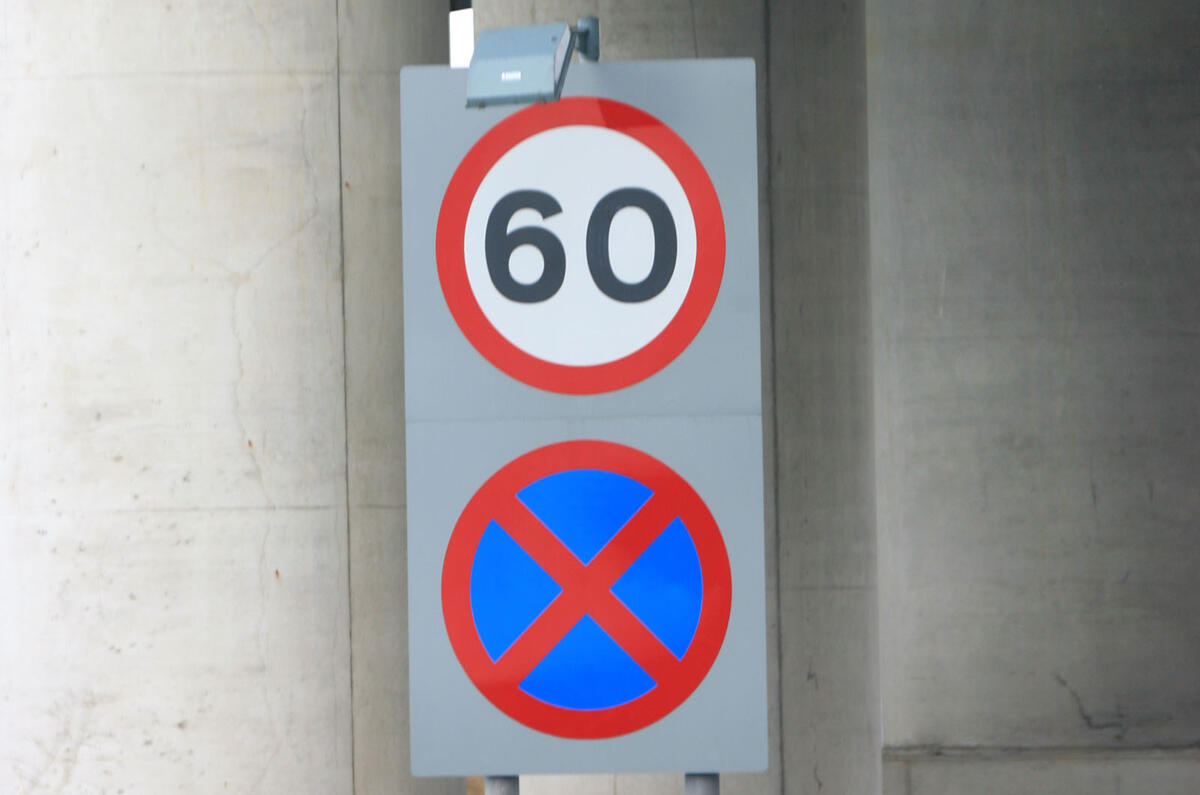










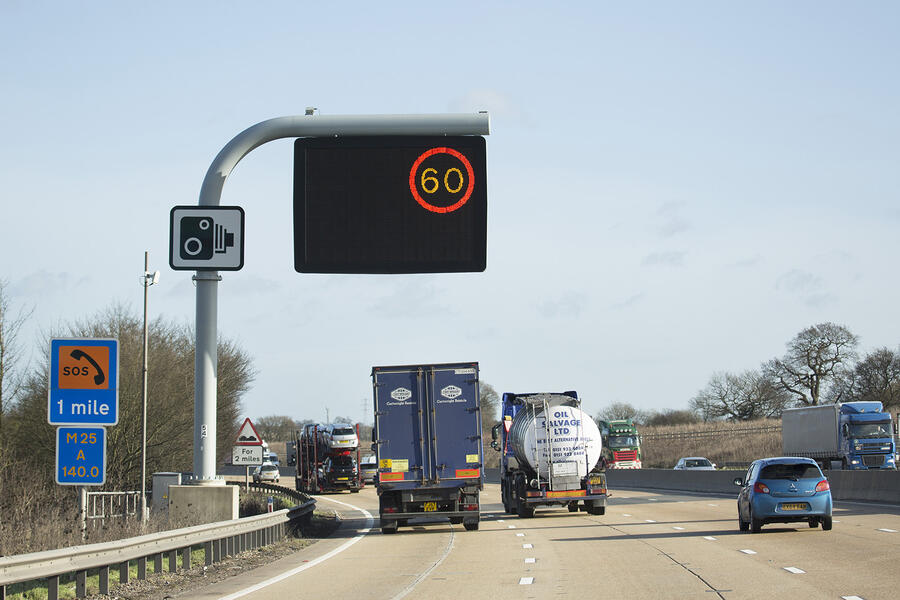
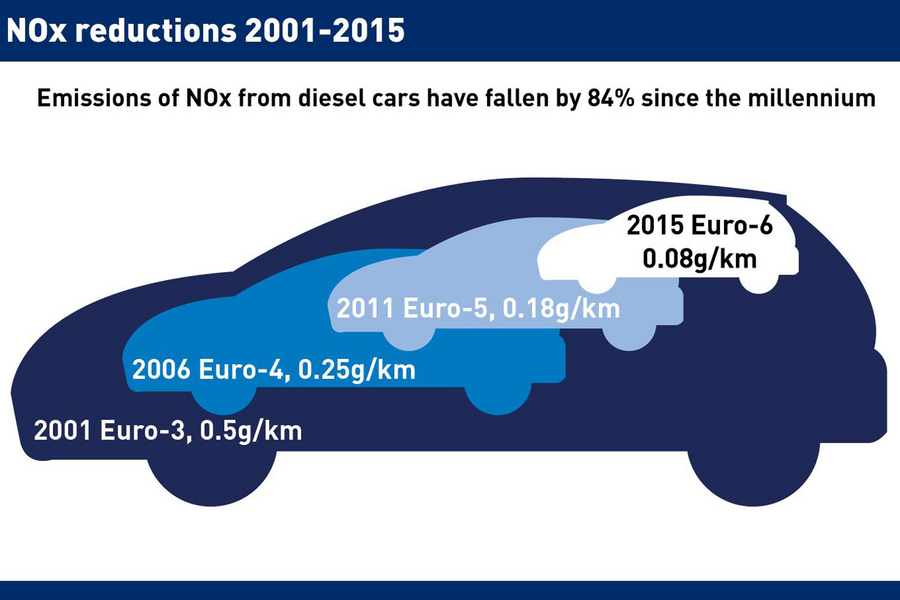
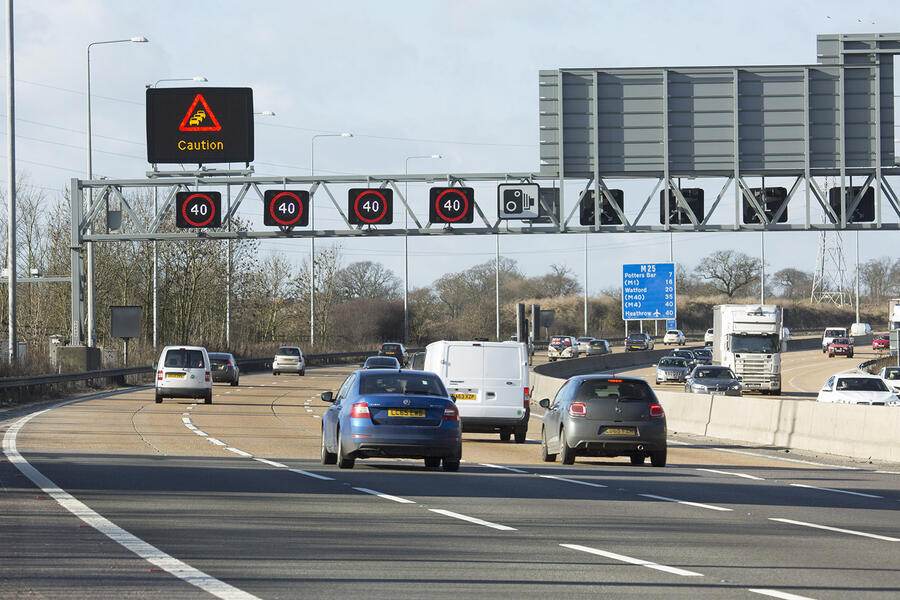



Join the debate
Add your comment
NOx solving anything
Meanwhile, forcing people into shitty electric cars would shift the pollution from the tailpipes to the power stations, which are often sited in rural areas, thus killing livestock and crops instead, creating food shortages which would be exacerbated by the extra forty thousand a year to feed, leading to spiralling prices.
Better to leave well alone. Electric cars are going nowhere.
stop being silly re electric
wrong end of the stick, dear boy